Voting by force of habit. Voting with the last ounce of hope that tomorrow everything will be all right and we shall only be talking to each other about elections in four years’ time. Voting with a sense of bitterness – at politicians, at our own selves, at all those who never bothered to go and cast their vote.
“Attitudes are very diverse - from great positivity to sarcasm,” says for Radio Bulgaria Mancho Manev, deputy chair of the polling station in Melbourne, Australia.
These were the first words Radio Bulgaria’s reporters heard as they talked to the people from the polling stations outside Bulgaria on Sunday.
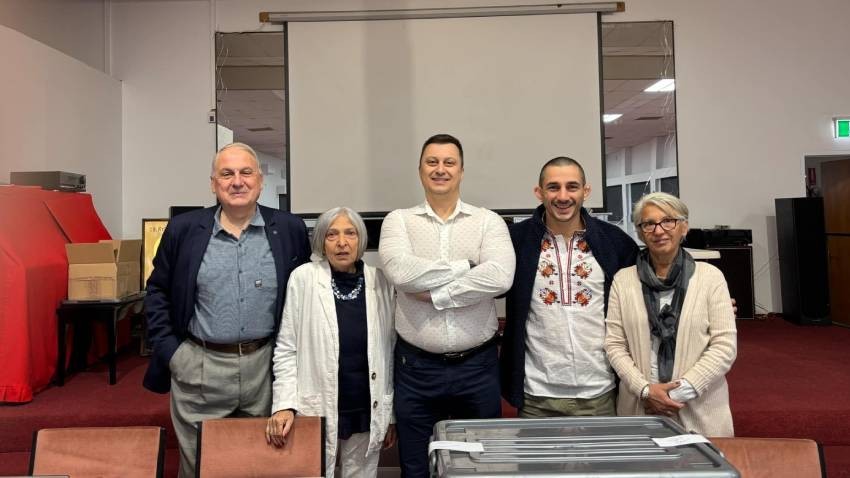
Asked when the next election for parliament in Bulgaria is going to be, Mancho Manev has no hesitations – in February!
“I would say that this is quite dangerous and unpleasant, because it gives time for chaos and indolence, in which the state does not actually undergo any development - in legislation, or in digitalization, or in infrastructure, or in administration. None of these things can happen and improve when there is no functioning real government, and there is a caretaker cabinet instead that just bides its time until the new ones come", Mancho Manev believes.
Izabela Shopova who has been living in Australia since 2008, and who was secretary at the polling station in Brisbane on Sunday, disagrees:
"Based on our past experience, I don't think the next election will be in four years’s time. But I also don't think it's tragic if the next election is in six months. I believe this is the democratic process. This is how a democratic society goes through periods of crisis. In my opinion, there is a deep not only political crisis, but also a deep crisis in our society, and this political problem, which we have failed to solve with repeated elections, is one of its symptoms."
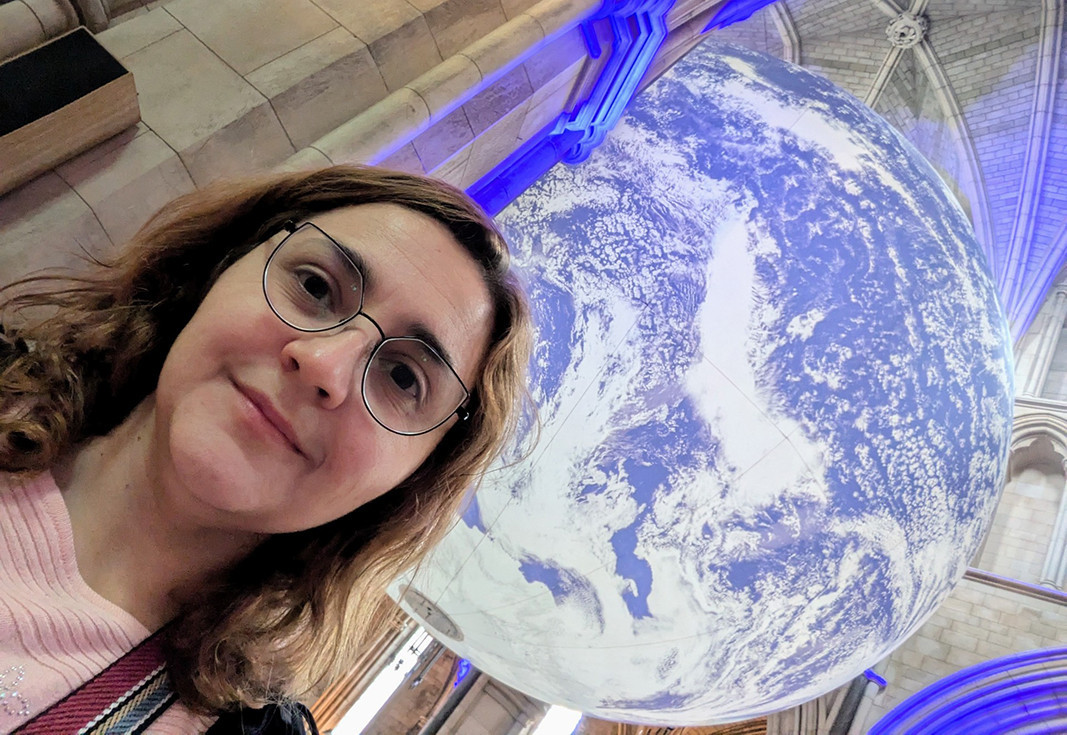
“The opportunity to take personal and direct part in the country’s governance by voting is not something that brings fatigue, it actually gives me moral satisfaction,” says Nadya Stoyanova, election volunteer at the Bulgarian polling stations in Boston for many years. However, yesterday she cast her vote in London where she is on business. She believes that Bulgaria has some serious problems to resolve but that a government at all costs is not the best solution:

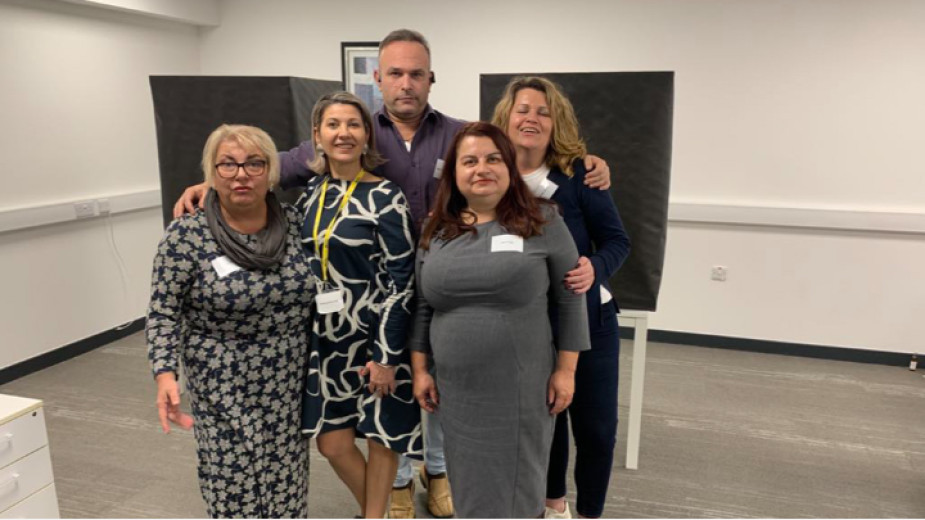
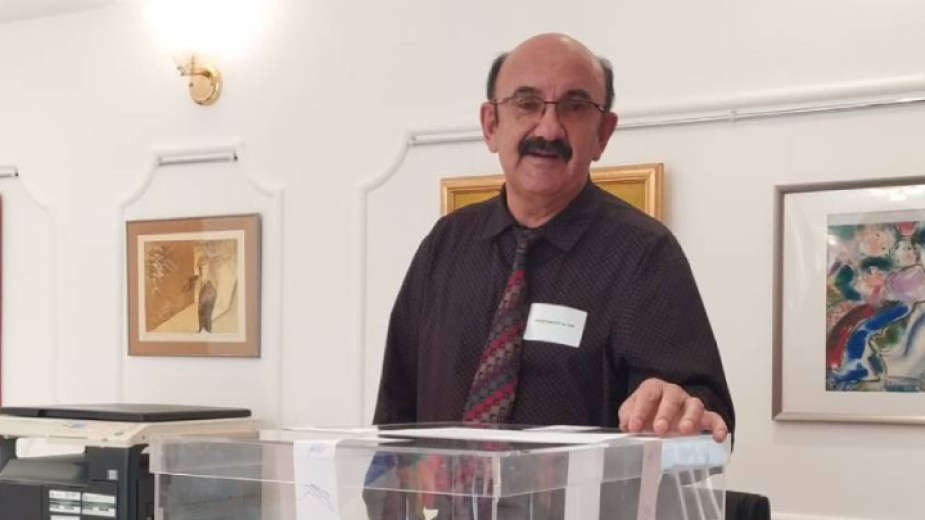
“So, the fatigue is very evident, there is quite a lot of hesitation, a lot of people seem to come to vote by force of habit of sorts,” says pediatrician Tsvetan Tsenkov, chair of the only polling station in Kuwait. “In recent years they know that no regular government is formed after the elections. In practice, no programmes, no strategies can be set in motion. So, in practice, we are left with the hope that at least this time a regular government will be formed."
But Dr. Tsenkov too believes that there will be another election at the beginning of next year and that this is beginning to take on dimensions that are very dangerous for Bulgarian statehood.
“It is dangerous most of all to our civil society, to community life, because the administration is unmotivated, at least as far as we, here, know. People feel insecure about their jobs, the institutions are blocked, the judicial system, projects. Things are on autopilot,” says Dr. Tsenkov.
“People are saying that they hope that this will be the last election in this series for National Assembly," says Victoria Vlahovska, a member of the electoral commission in Reading in the UK. 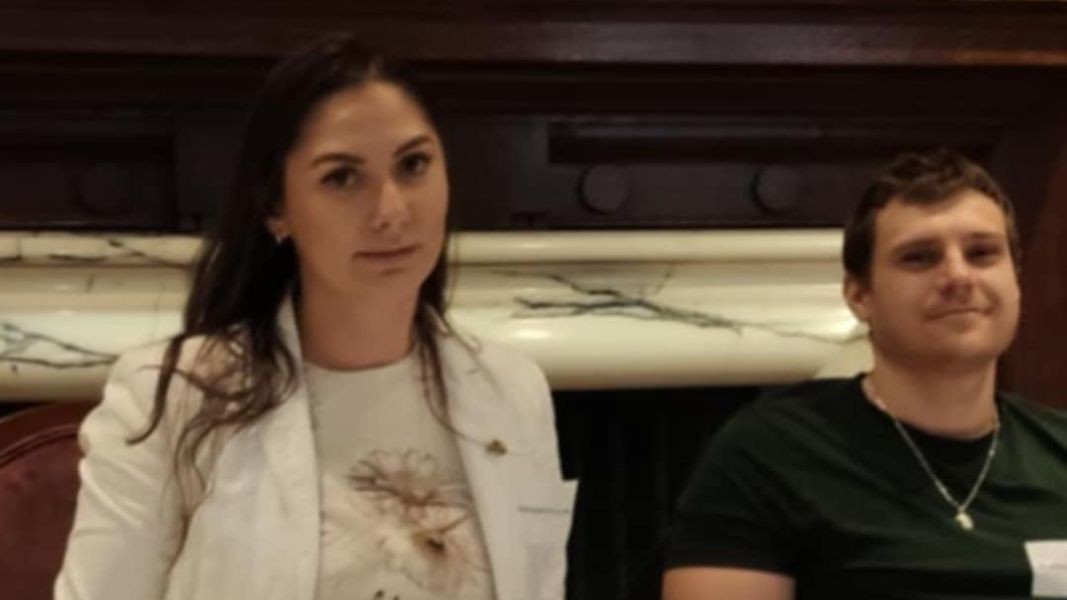
Many of the people who cast their vote said they were doing so because they feel a sense of responsibility, not because they believe the political forces – this is the opinion Radio Bulgaria’s reporters heard in a vox pop in the streets of Sofia yesterday.
“I voted because I believe this is a fundamental right which democracy today has given us. It is extremely important that we exercise this responsibility and vote. We have a responsibility to the future – our own and that of our children,” says a woman who is a social worker. 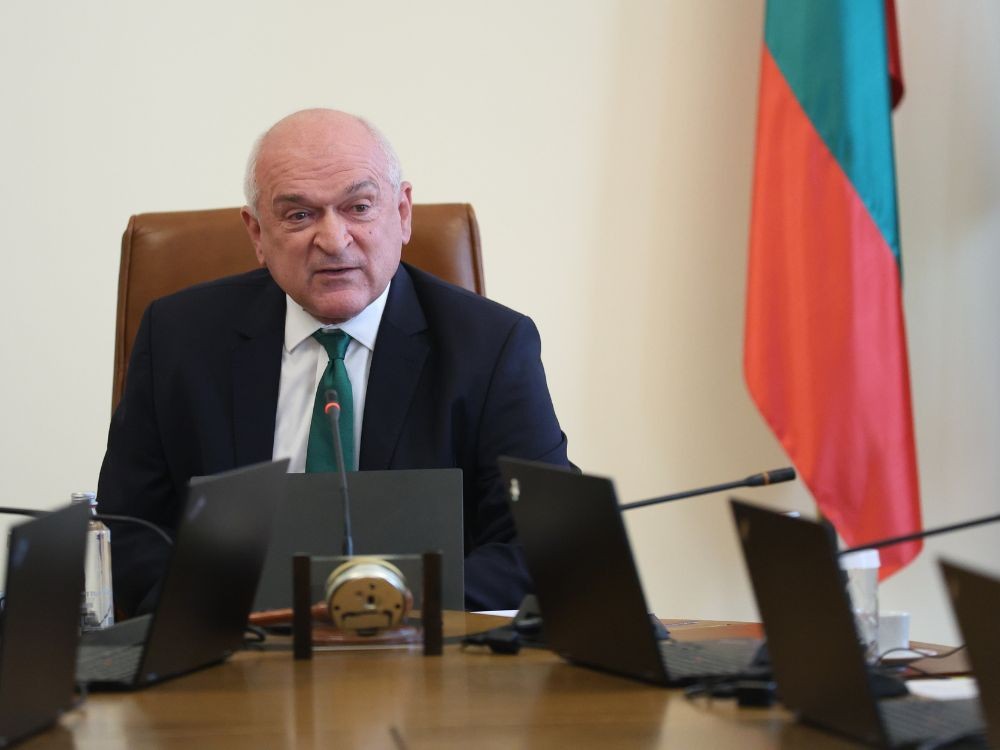
A few days ago, PM Dimitar Glavchev expressed the hope that the date – 27 October – would put a stop to the “Game of elections”, and, as author of the book “Tales from the Upper and Lower Earth” Izabela Shopova on her part says she is pinning her hopes on her tale of hope.
"I personally believe that the last one to quit wins. If we believe and want democracy in Bulgaria to win, if we believe in the principles of the democratic process, we must continue to apply it and persevere, even though it is discouraging," says Izabela.
The 7th election in the space of 3 years is over – the citizens made their will clear, now everything is in the hands of the politicians. 
Interviews by Vessela Krasteva, Gergana Mancheva, Darina Grigorova, Yoan Kolev, Elena Karkalanova
Text by Vessela Krasteva
Translated, edited and posted by Milena Daynova
Photos courtesy of the interviewees, BGNES, BTA
The international business exhibition Architectural Building Week 2025 starts today at the Inter Expo Centre in Sofia and runs until 29 March. It is being held alongside the Green Energy and Building Information Modelling (BIM) forums. This year's..
The Bulgarian Sunday School "Asen and Ilia Peykovi" in Rome is inviting participants to an online seminar themed "Biserche Valshebno". The event, taking place on March 22 and 23, is a continuation of the discussions that emerged during the Second..
"It all started on a March evening in 2007 when 2 million people and 2,000 companies in Sydney (Australia) turned off their lights for one hour – from 8:30 PM to 9:30 PM – to show that they care about nature and the climate. Back then, no one could..
In 2024, Bulgaria has 15,737 foreign students, making up 8.6% of all current students in the country. By comparison, this share has doubled over the..
The eagerly-awaited Tulip Parade at the University Botanical Garden in Balchik is at its peak. This year’s parade includes more than 45,000 bulbs,..
Divers will clean the seabed around the port of Sozopol today, reports BTA. "Since 2018, we have been doing the cleaning, completely voluntarily, with..

+359 2 9336 661
